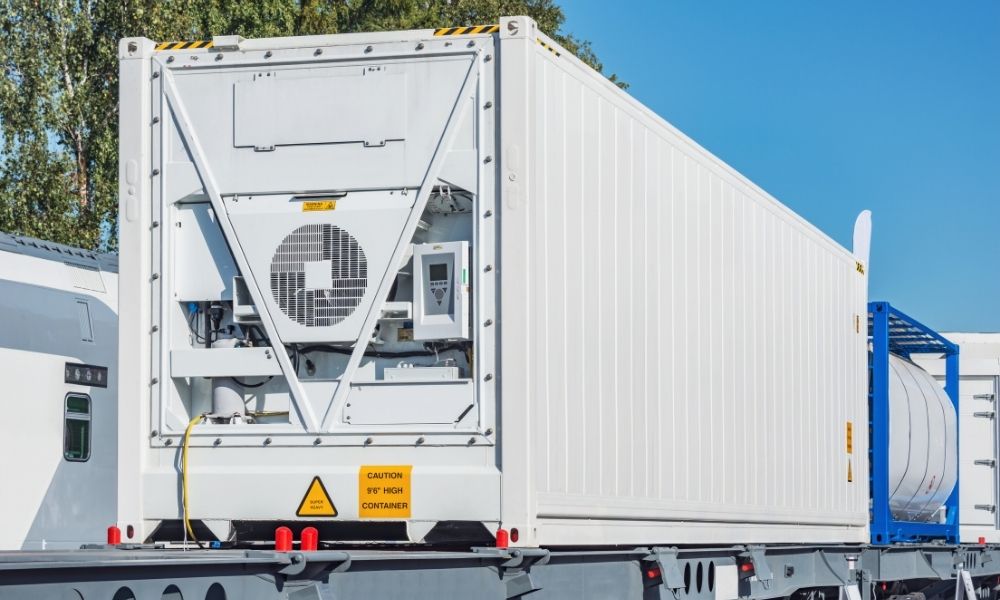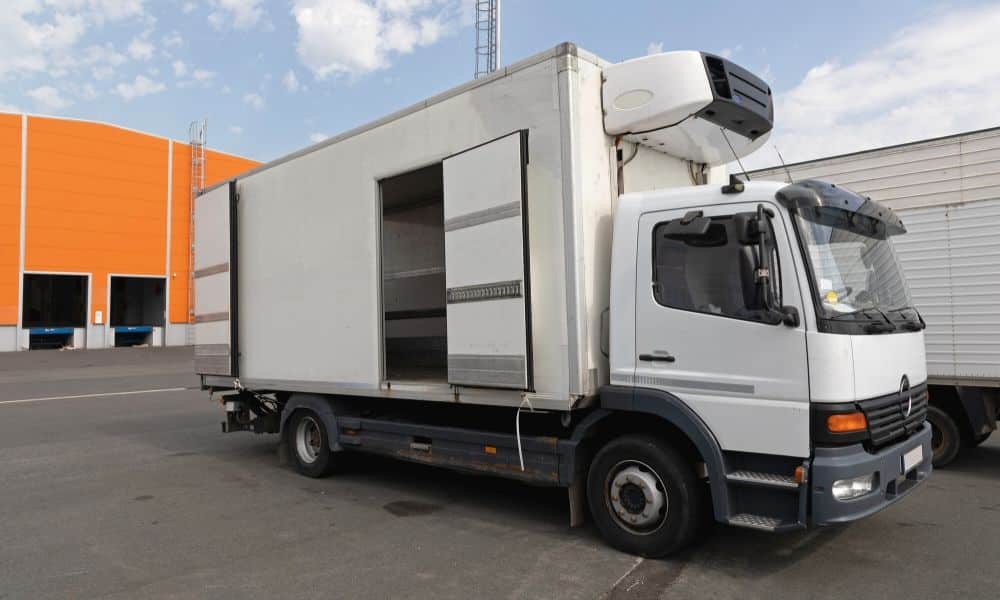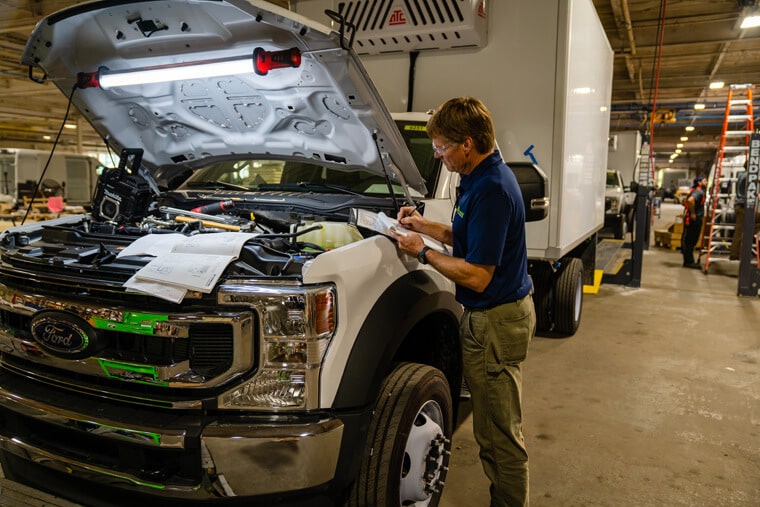
The Importance of Refrigerated Truck Temperature
Joe Dickman | September 8th, 2021
Many perishable goods and products rely on sustaining a specific temperature zone during transportation to keep them safe. It’s critical to have dependable refrigerated vehicles that can stabilize these temperatures. Read on to learn more about the importance of refrigerated truck temperature.
What Is Truck Refrigeration?
Truck refrigeration refers to transporting perishable products using refrigerated (reefer) trucks. These vehicles have mechanical systems that keep frozen and chilled items at proper temperatures while traveling from point A to B. You place these products inside an insulated compartment that you then seal tight to create a self-contained atmosphere. Specialized components, including an evaporator, condenser, and compressor, come together to remove hot air and pump in cooler air to keep this compartment at its set temperature.
Many Products Require Refrigerated Trucks
Some items must remain refrigerated at all times to stay fresh or functional. Fresh produce, flowers, dairy, meat, seafood, and many chemicals and medicinal items fall within this category. Transporting these products in refrigerated vehicles is advantageous since you can maintain the temperature during the trip.
Protect Delicate Items Beyond Food
Refrigerated shipping also preserves valuable art and antique items, which require a consistent temperature to stay in pristine condition. Extreme climates and temperatures can harm personal care items like fragrances and cosmetics as well. Without reefer trucks, it can be nearly impossible to deliver these items around the country.
Decrease Risks of Foodborne Illness
Bacteria, viruses, and parasites are examples of biological threats. Bacteria and viruses cause many foodborne diseases. Biological hazards pose the greatest threats to food safety, and one of the most significant causes behind their appearance is poor temperature management. Refrigerated trucks help prevent these dangers from manifesting because the temperature remains adequately regulated inside the cabin. This point stresses the importance of refrigerated truck temperatures.
Emerald Transportation Solutions can provide you with the most reliable commercial refrigerated trucks for your business. Keep your products perfectly safe and preserved during shipping without worry. Feel free to contact us today with any questions you may have.
Related Articles
Contact Us
Feel Free To Contact Us If You Have Any Questions
What does under DOT mean?
Questions regarding DOT requirements come up often. 10,000 lbs GVW (gross vehicle weight) and over are commercial vehicles that fall under the Department of Transportation regulatory requirements.
What is the difference between GVW and payload?
GVW or Gross Vehicle Weight is the entire weight of the vehicle including the payload. The payload weight represents the amount of cargo you are hauling.
What is a self-powered unit and a vehicle-powered unit?
A self-powered unit has its own fuel source and will run independent of the truck. This is the heaviest and most expensive option. While vehicle-powered units run off the engine via a compressor mounted on the engine. These are less expensive and lighter in weight but you must run the truck or plug the electric standby into shore power.
What does K-factor mean and why is that important?
K-factor is a term that stands for the overall insulating value of the container (truck body). Quite simply the lower the K-factor the better the truck body will be able to maintain a given temperature and require less energy to do so.
How much lighter is a Poly Van vs a US spec body?
Poly Van bodies are very light. On average we estimate we are 75-150 lbs per foot lighter than a traditional sheet and post foamed in place body. These weight savings translates to less fuel burn and less CO2 emissions, along with added payload, the most important benefit.






